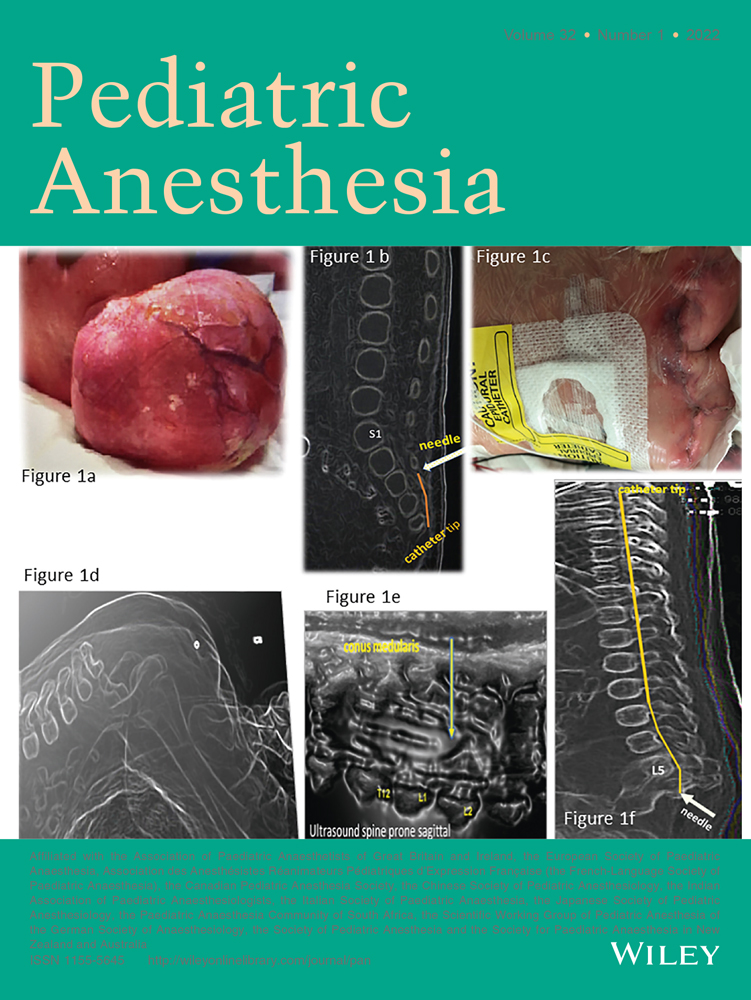Adult behavior toward the child before surgery and pediatric emergence delirium
Abstract
Background
Emergence delirium is one of the problems that occur when a child wakes from anesthesia. Research results indicate that psychological factors are associated with this phenomenon. The relationship between adult behavior before child surgery and pediatric emergence delirium has not been investigated before.
Aims
The aim of this study was to explore the associations of parent, anesthesiologist, and nurse behaviors before child surgery with pediatric emergence delirium.
Methods
The study included 99 pediatric patients (aged 2–17 years) undergoing surgery with general anesthesia, their accompanying parents, an anesthesiologist, and nurses. The study was conducted directly before surgery and after recovery from anesthesia. Before surgery, the behaviors of children, parents, and medical staff were videotaped and then scored using the Child-Adult Medical Procedure Interaction Scale-Revised. Emergence delirium was measured with the Pediatric Anesthesia Emergence Delirium Scale.
Results
Parent reassuring comments (ꞵ = 0.22, B = 1.32, 95% CI 0.14-2.49, p = .028) and parent giving control to child (ꞵ = 0.21, B = 7.02, 95% CI 0.68–13.56, p = .031) were positive predictors of emergence delirium in the group of children aged 2–8 years. Parent behavior explained an additional 10% of the variance in pediatric emergence delirium.
Conclusions
Our results suggest that parent reassuring comments and giving control to the child before surgery are related to the level of child emergence delirium in children aged 2 to 8 years.
Open Research
DATA AVAILABILITY STATEMENT
The study protocol received approval from the institutional review board. Data are available at https://osf.io/8p5kb/.




